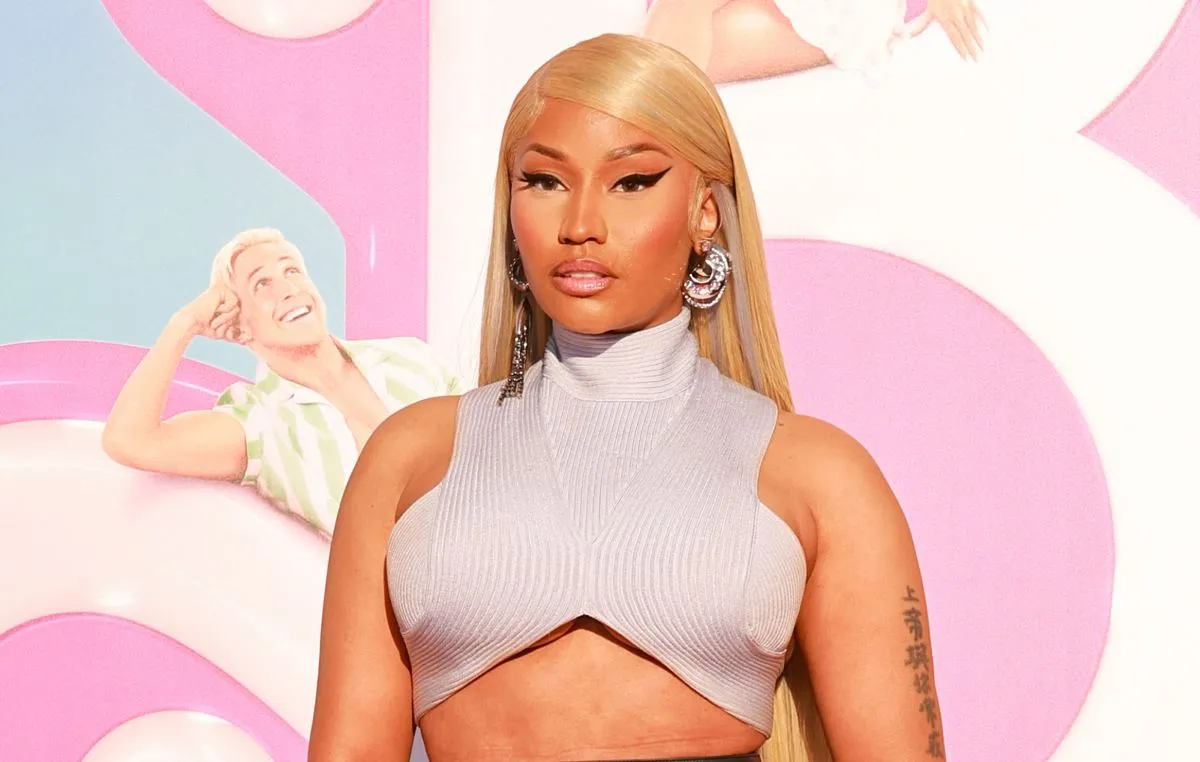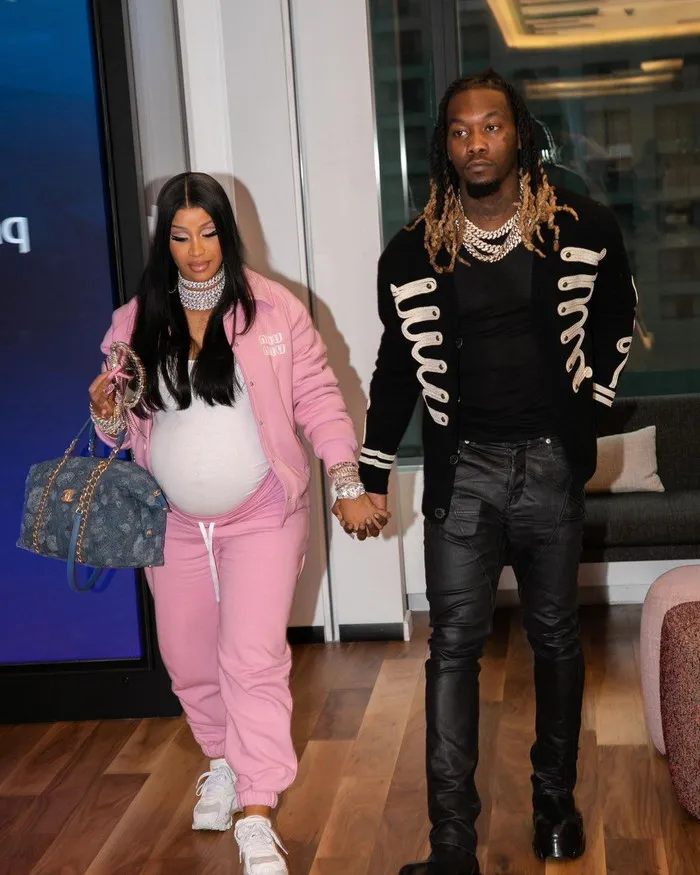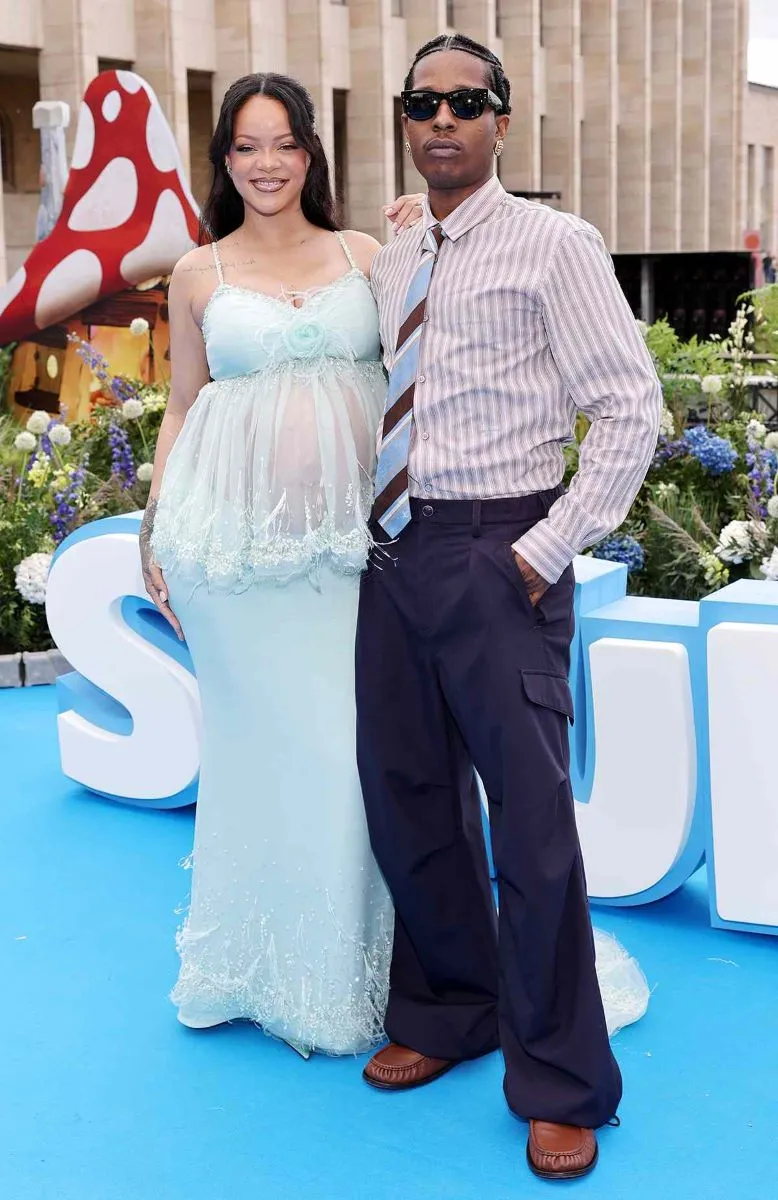
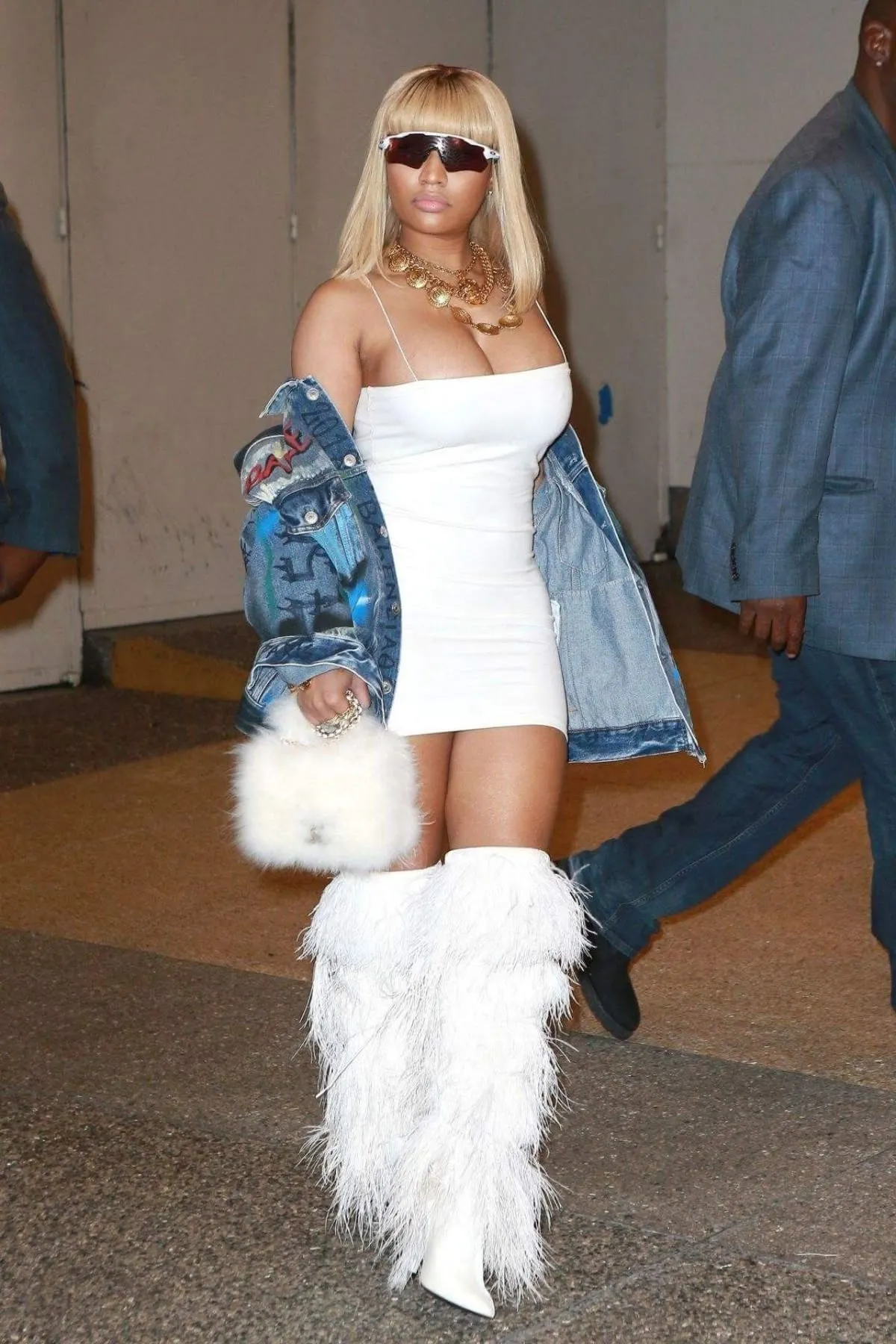
Nicki Minaj Throws Shade as Jessie J Hits Back Harder and the Bang Bang Feud Explodes Again
The Return of a Pop Culture Clash
Few rivalries in pop music have managed to capture both the drama of the entertainment world and the unpredictability of social media quite like the ongoing tensions between Nicki Minaj and Jessie J. What began as a seemingly collaborative celebration of female empowerment with the explosive 2014 track “Bang Bang” has transformed over the years into a source of heated commentary, cryptic messages, and sharp retorts. Recently, the feud reignited when Nicki Minaj threw shade in a series of remarks that seemed impossible for fans—or Jessie J herself—to ignore. Within hours, Jessie J offered a response that was even louder, even harder, and once again, the pop world was ablaze with discussions about who had the upper hand.
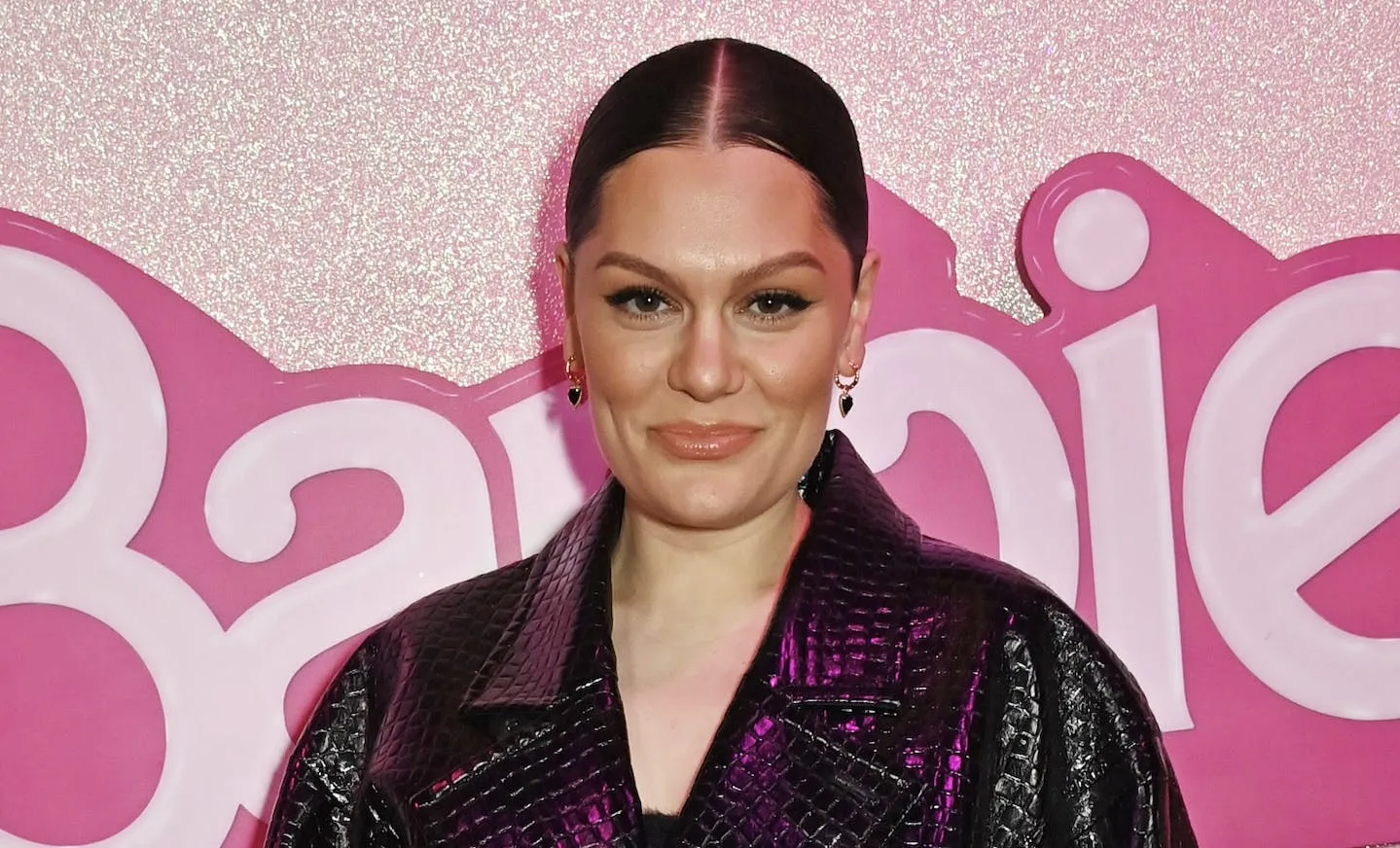
Revisiting the Origins of “Bang Bang”
To understand why the Bang Bang feud still resonates nearly a decade later, it is essential to revisit the moment the song dropped. In 2014, the collaboration between Jessie J, Ariana Grande, and Nicki Minaj was marketed as a powerhouse anthem, a track destined to dominate both charts and award shows. The song combined Jessie J’s powerhouse vocals, Ariana’s soaring pop runs, and Nicki’s fierce rap verse, creating a trio dynamic that was difficult to ignore.
But even in the glow of commercial success, there were whispers. Who had carried the track? Whose verse stole the show? While Ariana and Jessie J seemed to embrace the partnership without much tension, Nicki Minaj’s commanding rap stood out so strongly that critics and fans alike often declared it the defining feature of the song. For Jessie J, who had been hoping for a career-defining hit to cement her position alongside other pop icons, the constant chatter comparing her vocal performance with Nicki’s rap may have planted early seeds of insecurity.
The First Sparks of Disagreement
The first major crack in their relationship appeared years later when Jessie J recalled, in an interview, how the collaboration had come about. She claimed that the track was “meant” for her and that Nicki had eagerly jumped in, saying she “wanted to be on it.” To many fans, the statement seemed harmless, even complimentary. But to Nicki Minaj, who has long been fiercely protective of her artistry and contributions, it read like a revisionist take that undermined her role in making the song iconic.
Nicki took to social media, clarifying with her signature bluntness that she was “paid” to be on the track and had not been begging for the opportunity. In her words, she had simply delivered her part like any professional would, but she also made it clear that she felt Jessie J’s version of events downplayed the reality of how collaborations in the industry truly work. That moment shifted the Bang Bang narrative from a shared triumph into a lingering tension, with fans dissecting every word as proof of hidden rivalry.
Shade, Social Media, and Subtext
Fast forward to today, and the feud has once again reemerged. Nicki Minaj, known for her masterful use of Twitter, Instagram, and even live streams to communicate directly with her fanbase, dropped what many interpreted as targeted shade. Without explicitly naming Jessie J, Nicki posted cryptic lines about artists “living in the past” and “trying to rewrite history.” Given the timing and the way the comments echoed her earlier frustrations, it didn’t take long for the internet to connect the dots.
For Jessie J, who has had a complex relationship with the press and fans in recent years, the comments were impossible to ignore. Within hours, she posted her own response, striking a balance between heartfelt honesty and sharp rebuttal. While she expressed her gratitude for the success of Bang Bang, she also emphasized her own artistry and contributions, refusing to let herself be sidelined by the narrative that Nicki’s verse had “saved” the track. Her words carried a new defiance, one that suggested she was tired of being painted as the weaker link.
Why This Feud Resonates with Fans
Part of the reason this feud refuses to die is because it speaks to larger questions about collaboration in the music industry. When three women of immense talent unite on a song, how does the spotlight get divided? Fans often feel compelled to declare a “winner,” and in the case of Bang Bang, Nicki’s rap verse was so instantly iconic that Jessie J and even Ariana Grande were often treated as secondary.
For Nicki Minaj, who has spent much of her career battling narratives that undermine her genius, Jessie J’s comments likely felt like a personal slight. For Jessie J, who has struggled to maintain the same level of mainstream recognition as her collaborators, defending her role in the track feels like an act of survival. Thus, what might appear on the surface as petty shade actually cuts to the heart of their careers: recognition, respect, and legacy.
Nicki Minaj’s Strategy of Shade
It would be impossible to discuss this renewed feud without analyzing Nicki Minaj’s shade tactics. Nicki has always wielded language with surgical precision, and her ability to craft a single sentence that reverberates across headlines is unmatched. By refusing to directly name Jessie J, she ensured plausible deniability, but the timing and tone left little doubt about her intended target. This is a classic Minaj move: create a storm without ever fully stepping into it, allowing fans and media outlets to carry the narrative forward.
Her strategy also taps into the deep loyalty of the Barbz, her fanbase. The moment Nicki hints at conflict, her fans amplify it with memes, analysis, and hashtags, effectively turning a spark into a wildfire. This dynamic gives Nicki a kind of cultural leverage that Jessie J, despite her vocal prowess, has never been able to replicate.
Jessie J’s Fierce Response
Yet this time, Jessie J did not remain quiet or apologetic. Instead, she leaned into the feud, reclaiming her voice with unexpected sharpness. She emphasized that her artistry is not defined solely by a single track and that her career spans multiple hits, collaborations, and achievements. In doing so, she reframed the conversation: rather than accepting the narrative that she was overshadowed, she positioned herself as an equal partner in the creation of one of pop’s most memorable hits.
Her response resonated with fans who have long admired her resilience. Jessie J has faced setbacks, from industry shifts to health challenges, yet she has consistently returned to music with passion. By responding harder this time, she not only defended her legacy but also reminded the public that she remains a formidable presence in the industry.
The Media Frenzy
Of course, no celebrity feud exists in a vacuum. The moment Jessie J hit back, the media frenzy escalated. Headlines declared a “Bang Bang war,” op-eds dissected every word, and talk shows debated who was in the right. Social media platforms, from TikTok to Twitter, exploded with remixes, parodies, and debates. Some sided with Nicki, praising her candor and dominance, while others empathized with Jessie J, applauding her courage to finally confront the narrative head-on.
What is most striking is how a single song continues to generate this much discourse years after its release. While many collaborations fade into nostalgia, Bang Bang has remained culturally relevant precisely because of the tension it embodies: three powerhouse women sharing a stage but competing, consciously or not, for the loudest applause.
The Broader Impact on Pop Music
The renewed feud also raises broader questions about how pop culture treats female artists. Too often, women in music are pitted against one another, their collaborations framed as rivalries rather than partnerships. While Nicki and Jessie’s clash is undeniably rooted in personal pride and perspective, it also reflects an industry and fan culture that thrives on competition narratives.
By continuing to fuel this feud, the media and fans inadvertently highlight the systemic pressures that force artists to defend their legacies at all costs. In this way, the Bang Bang feud is not just about two women disagreeing—it is about the impossible standards placed on women in pop.
Where the Feud Stands Now
As of now, the feud remains unresolved, with Nicki continuing to post cryptic messages and Jessie standing firm in her defense. Whether this will lead to further escalation or eventually fizzle out remains uncertain. What is clear, however, is that both artists have ensured the conversation around Bang Bang will continue for years to come.
For Nicki, the feud underscores her unwillingness to let anyone reshape her contributions. For Jessie, it is an opportunity to demand recognition and fight for her narrative. In this battle of shade and rebuttal, both women reveal their deepest desires: respect, authenticity, and control over their legacies.
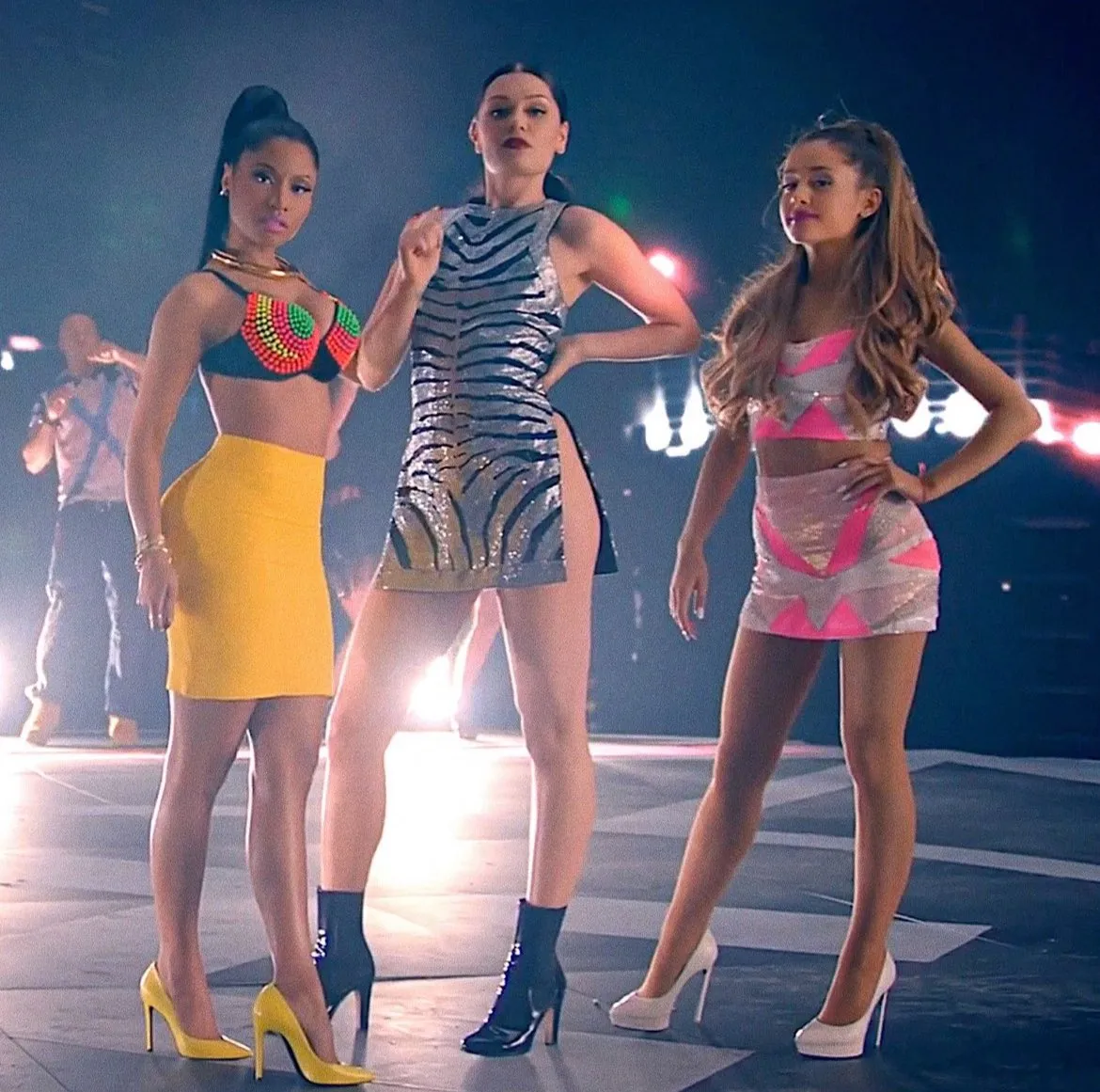
Conclusion: The Explosive Legacy of “Bang Bang”
The irony of the situation is that “Bang Bang” was meant to symbolize unity, collaboration, and the strength of women in music. Instead, it has become a touchstone for rivalry, shade, and the complexities of fame. Yet perhaps this is why it continues to matter. The track not only captured a moment in pop history but also revealed the fragile dynamics beneath the glittering surface of celebrity culture.
As Nicki Minaj throws shade and Jessie J hits back harder, the feud proves that some songs are more than just hits—they are battlefields where egos, artistry, and legacies collide. Whether fans see it as entertainment or as a cautionary tale, the Bang Bang feud remains a powerful reminder that in pop music, the story never ends when the final note fades.








